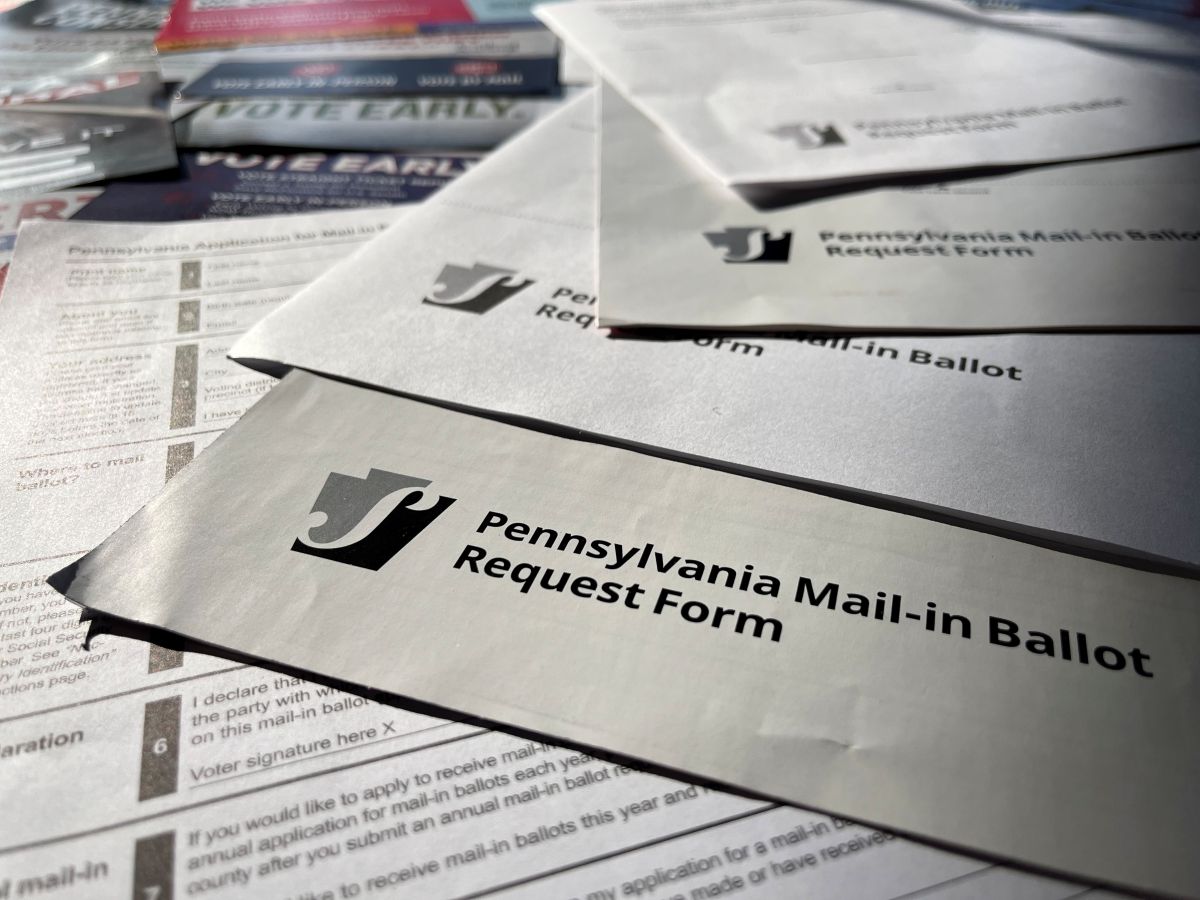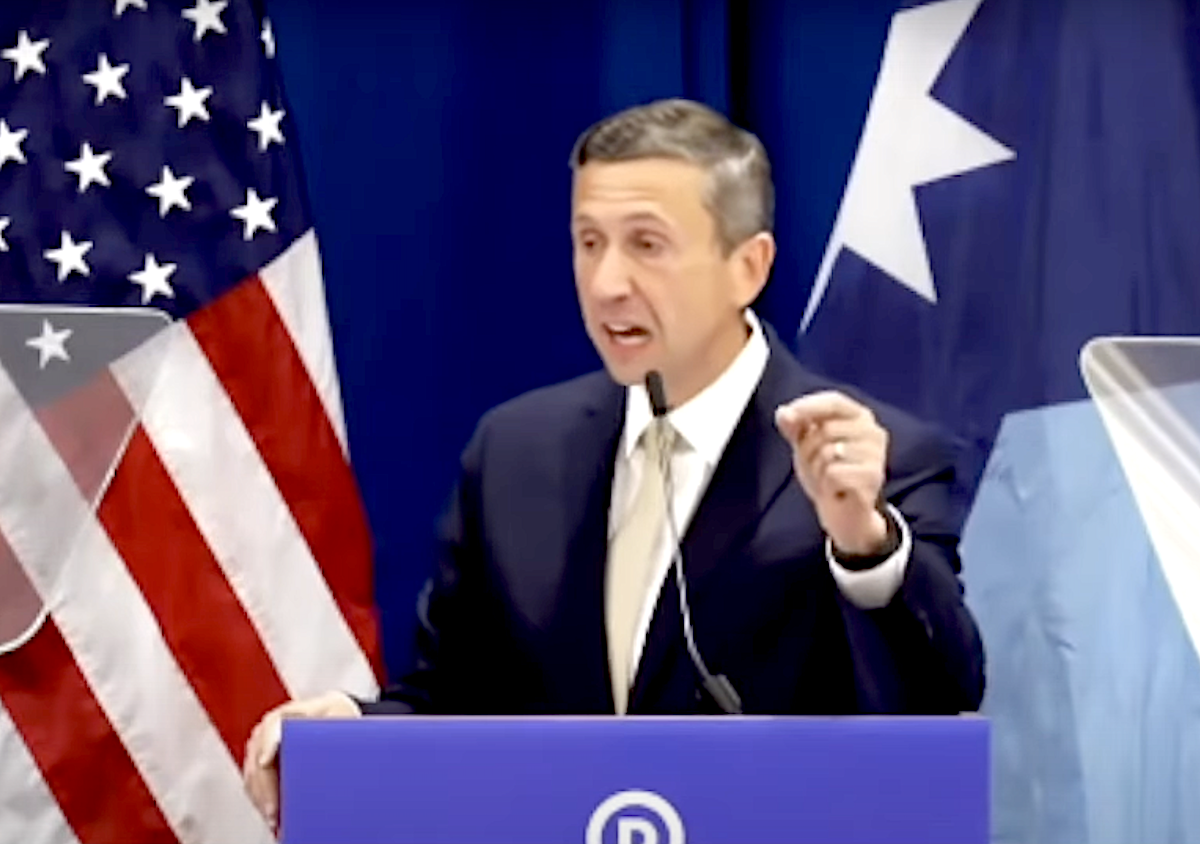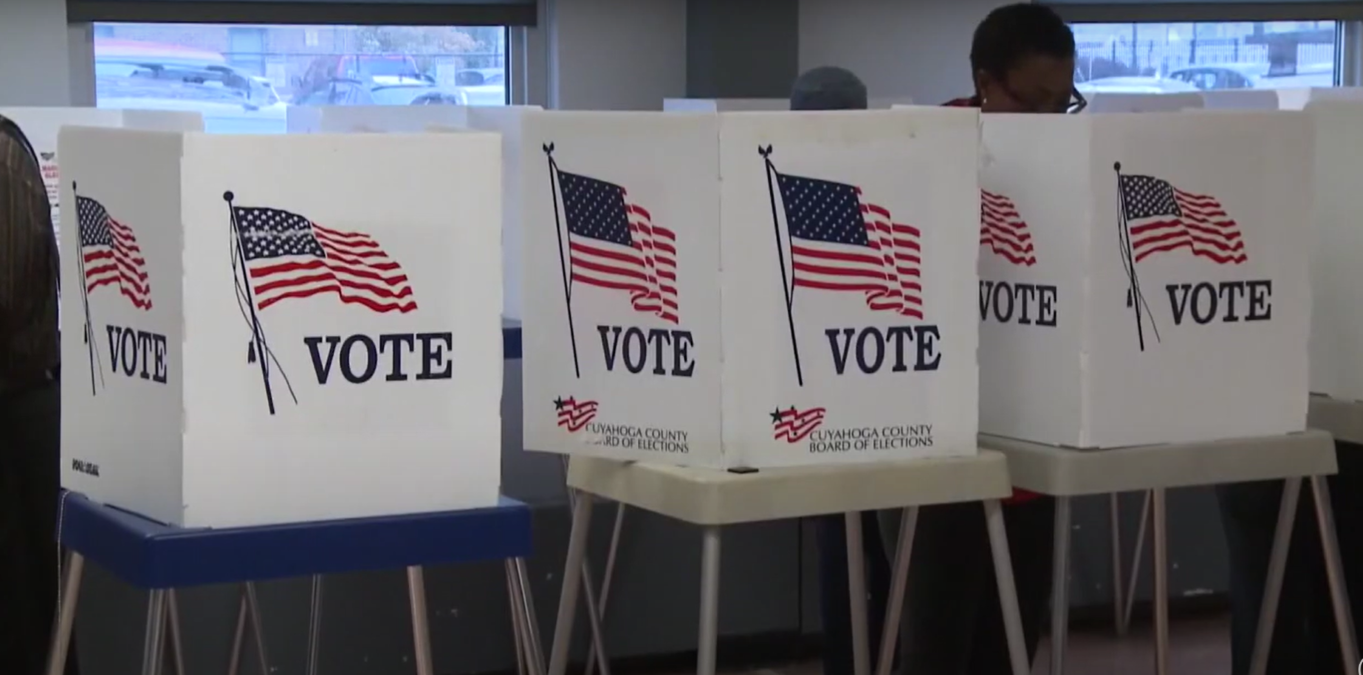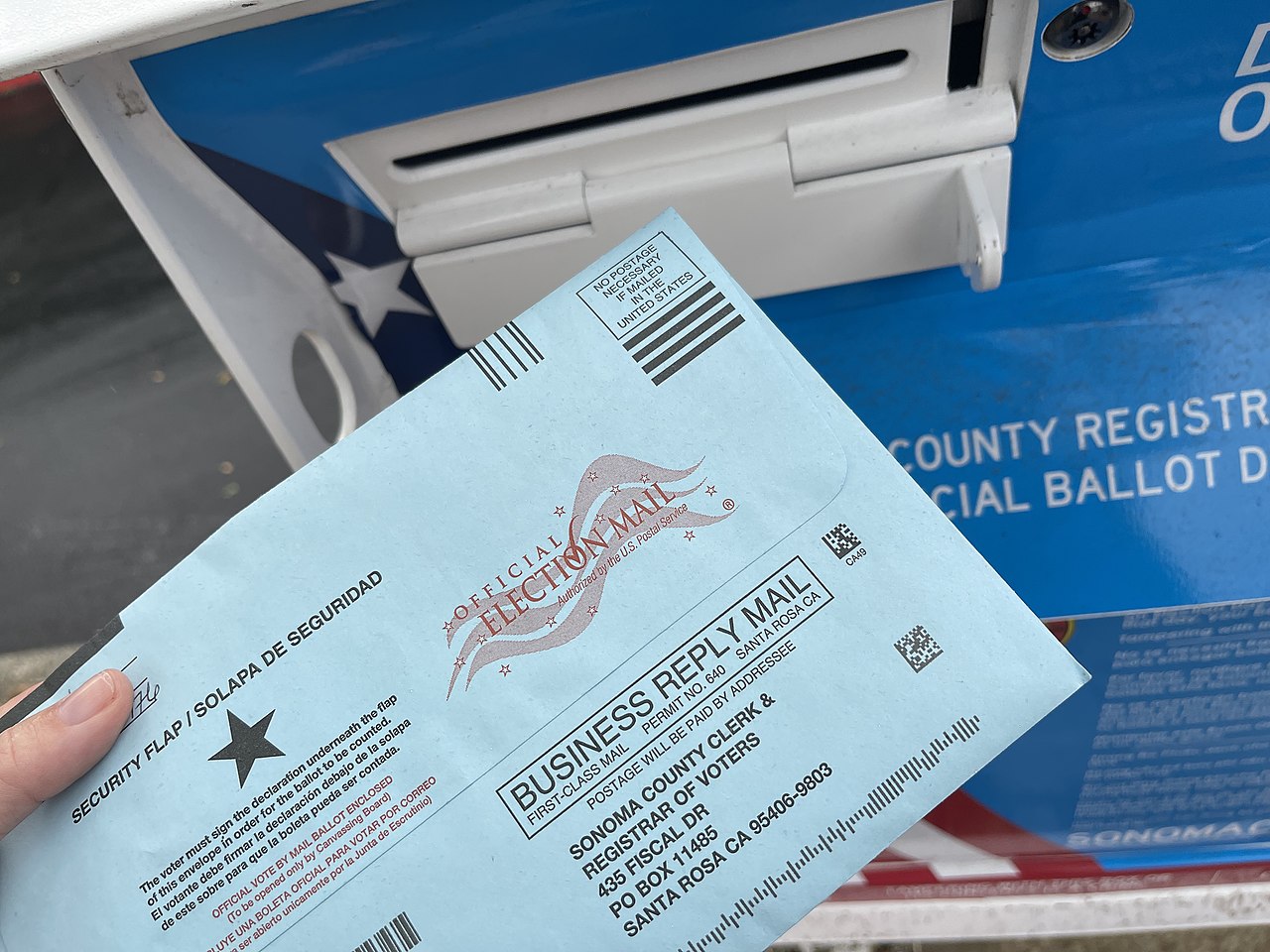The Third Circuit U.S. Court of Appeals ruled this week that Pennsylvania must count mail-in ballots that are submitted in envelopes with missing or incorrect dates. This decision comes as the state prepares for the upcoming elections and follows a history of legal disputes regarding mail-in voting procedures.
Since Pennsylvania expanded mail-in voting to all voters in 2019, questions have arisen about how election boards should handle ballots that do not meet specific requirements. The court’s ruling contradicts previous guidance that instructed counties to set aside ballots lacking proper dates on their outer envelopes.
In its opinion, the court noted that while state law mandates voters to sign and date the outer envelope, the practice of discarding ballots due to date discrepancies is unreasonable. The ruling highlighted that thousands of ballots were discarded in the 2022 general election due to such issues, with over 10,000 ballots rejected because voters either failed to write a date or wrote a date after the election deadline.
“The date requirement seems to hamper rather than facilitate election efficiency,” the court stated. “Discarding thousands of ballots every election is not a reasonable trade-off in view of the date requirement’s extremely limited and unlikely capacity to detect and deter fraud.”
The decision upholds a previous ruling by Judge Susan Paradise Baxter from the U.S. District Court for the Western District of Pennsylvania. However, it contrasts with a November 2024 ruling by the Pennsylvania Supreme Court, which ordered that mail-in ballots arriving in envelopes without a date or with incorrect dates should not be counted in the presidential election.
The ruling has drawn mixed reactions. Supporters argue that counting these ballots is essential to ensuring voter participation and preventing disenfranchisement. Critics, including some Republican officials, contend that mail-in voting lacks security and can lead to fraud. Josh Findlay, director of the Texas Public Policy Foundation’s National Election Protection Project, stated, “Mail-in voting is the least secure method of casting a ballot.”
Findlay emphasized that safeguards present in in-person voting, such as voter ID verification, are not applicable to mail-in ballots, making them more vulnerable to issues like misdelivery and fraud.
The debate over mail-in voting has intensified since Democrats heavily promoted the method during the 2022 elections, resulting in significant victories in key races, including the governor’s race and a Senate seat previously held by Republicans. As the 2024 elections approach, the dynamics surrounding mail-in voting continue to evolve, with more Republicans expressing interest in using mail-in ballots despite lingering concerns about security.
In response to the ongoing discussions, former President Donald Trump has indicated plans to pursue an executive order to ban mail-in voting, a move that could face significant legal challenges.
As the legal landscape surrounding mail-in voting in Pennsylvania continues to shift, the implications of this ruling will likely resonate through the upcoming elections, influencing both voter turnout and the strategies of political parties.
READ Trump Administration Seeks Supreme Court Relief in USAID Funding Dispute



